In recent years, aviation’s environmental effect has been brought to the forefront, with airlines and airports under increasing pressure to include sustainability in their modern decision making processes. However, while the impact of aviation emissions on the environment is widely established, less attention has been paid to its impact on humans, particularly those living near airports.
With this in mind, University College London (UCL) in the United Kingdom recently conducted a study to learn more about the long-term health consequences of extended exposure to aircraft operations.
The study focused primarily on the effects of airplane noise and produced some startling findings that may make individuals reconsider living near airports. Let’s go explore!
A brief summary of the study
According to a UCL statement shared by EurekAlert, the study published in the Journal of the American College of Cardiology included 3,635 participants.
The research focused on four main airport hubs in England: Birmingham (BHX), London Gatwick (LGW), Heathrow (LHR), and Manchester (MAN). Participants were chosen for their proximity to the airports.
After choosing the airports and volunteers, researchers studied their hearts, comparing “those who lived in areas with higher aircraft noise to those who lived in lower aircraft noise areas.
” High noise regions were classified in this study as having an average noise level of more than 50 dB during the day and 45 decibels at night (between 23:00 and 07:00).
These statistics exceed the WHO’s recommended maximum levels of 45 dB during the day and 40 decibels at night.
Many UK airports have relatively severe noise operating limitations, therefore the country is far from the worst offender in this regard. Nonetheless, the study discovered that 8% of participants resided in locations with high noise levels during the day and 3% at night.
The factors in play
The researchers performed MRI scans on the study participants’ hearts to assess whether aircraft noise has any substantial effect on the organ’s health.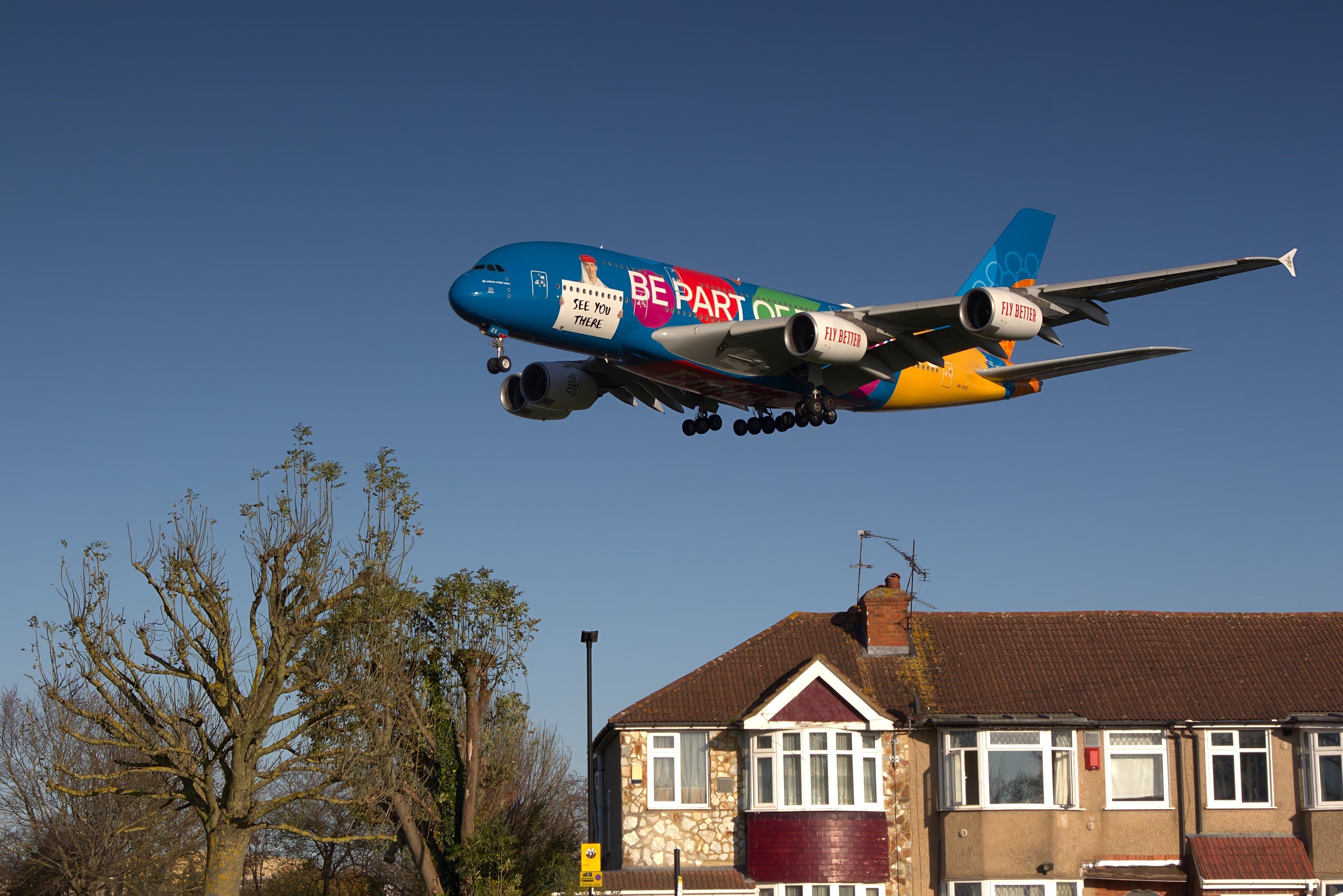
According to the UCL statement, these “were done at least three years after the estimates of aircraft noise in the participants’ neighborhoods,” to see if relocating away from such regions had any impact.
Of course, while exposure to noise pollution caused by aircraft operations may have an impact on an individual’s heart health, other factors can also play a role.
With this in mind, researchers considered biological and environmental factors when reaching their conclusions, including age, gender, BMI, smoking and exercise habits, and exposure to road and rail pollution.
Alarming discoveries.
When all is said and done, the study’s findings are quite worrying, especially for individuals who reside near large airports.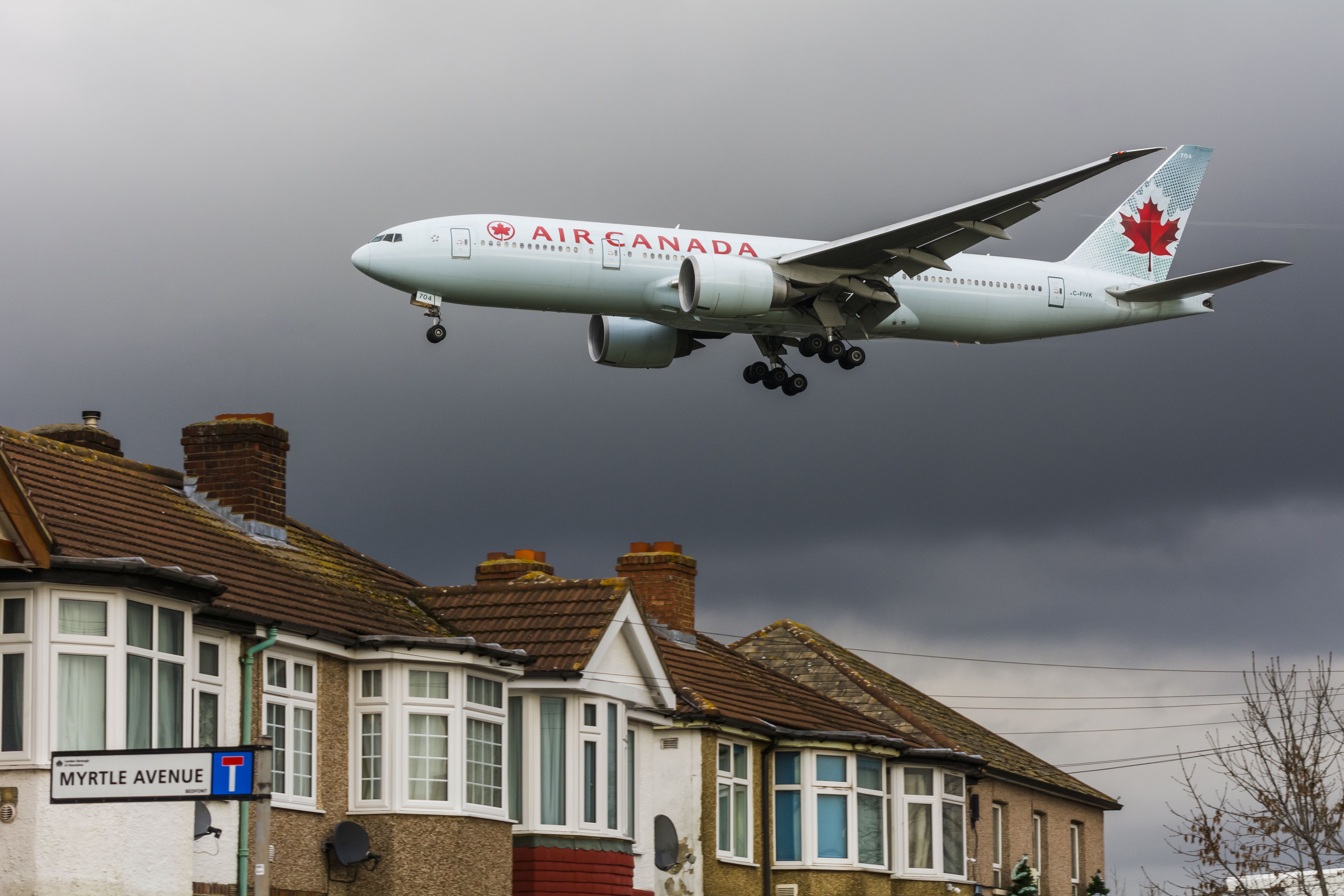
Researchers discovered that “those who lived in areas with higher than recommended aircraft noise levels had stiffer and thicker heart muscles.” While some may not realize the ramifications, the key components are:
- Stiffer and thicker cardiac muscles have a harder time expanding and contracting.
- This reduces the heart’s efficiency in pumping blood throughout the body.
The experts who conducted the study discovered that this illness was particularly widespread among people who were exposed to excessive noise levels at night.
After instance, while those who live near airports may be away from home during the day for professional, social, or educational reasons, they are more likely to return at night. This is when such sounds can disrupt one’s sleep cycle.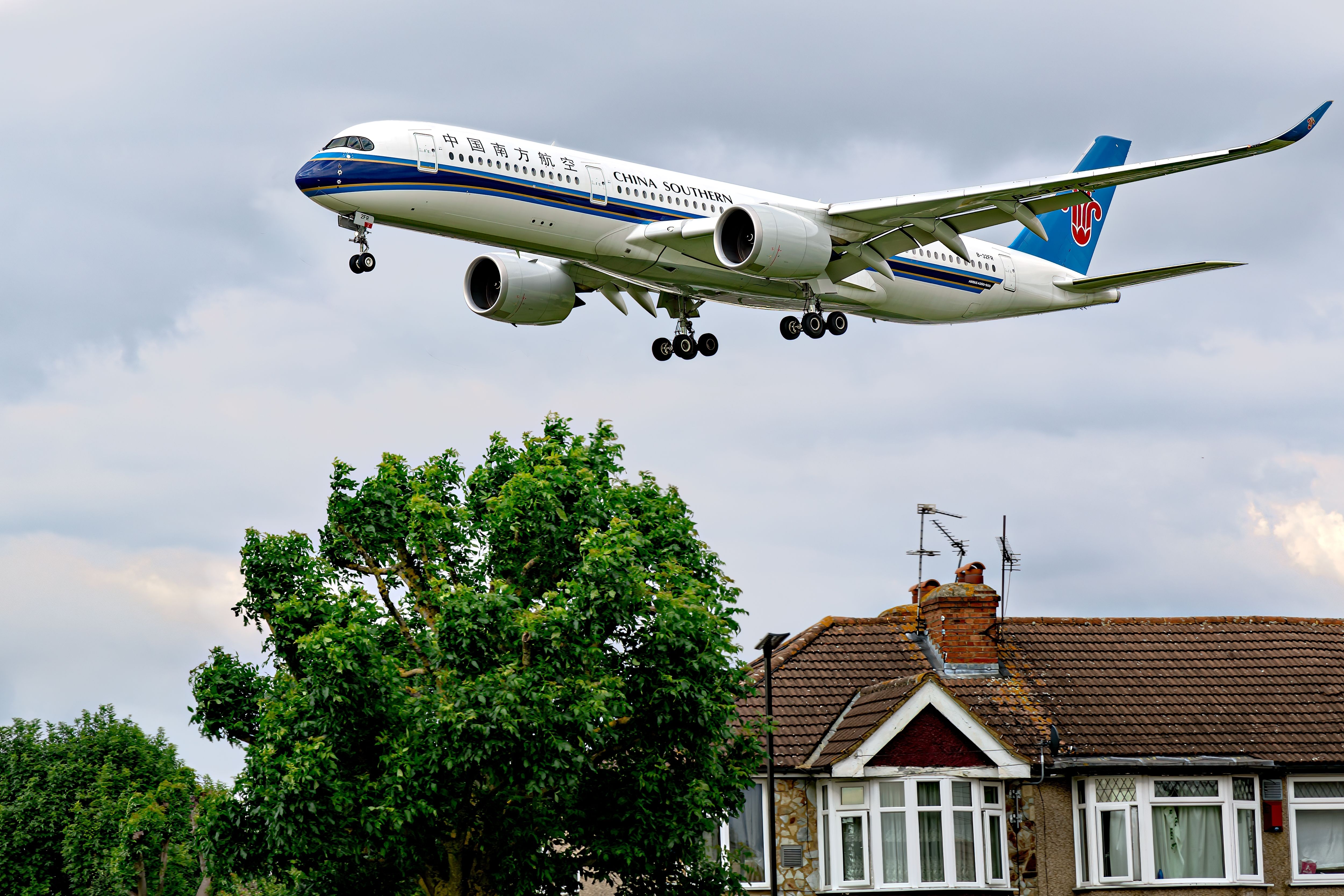
To put their findings into context, the researchers compared the data to that of people who are not often exposed to aircraft noise.
This emphasized the differences between the two groups, with UCL adding that abnormalities in high noise areas “could result in two- to four-fold increased risks of a major cardiac event such as a heart attack, life-threatening heart rhythms, or stroke.”
As previously stated, the study also addressed the effects of airplane noise, taking into consideration the likelihood that people could relocate away from high-noise areas.
This appears to reduce the danger, as UCL reports that “participants who stayed in a higher aircraft noise area had about 10-20% worse heart structure and function than their counterparts in these areas who moved away.”
Just an observational research.
Of course, aircraft is not the only source of transport noise pollution in the globe today, as many other people live near busy roads or railway lines.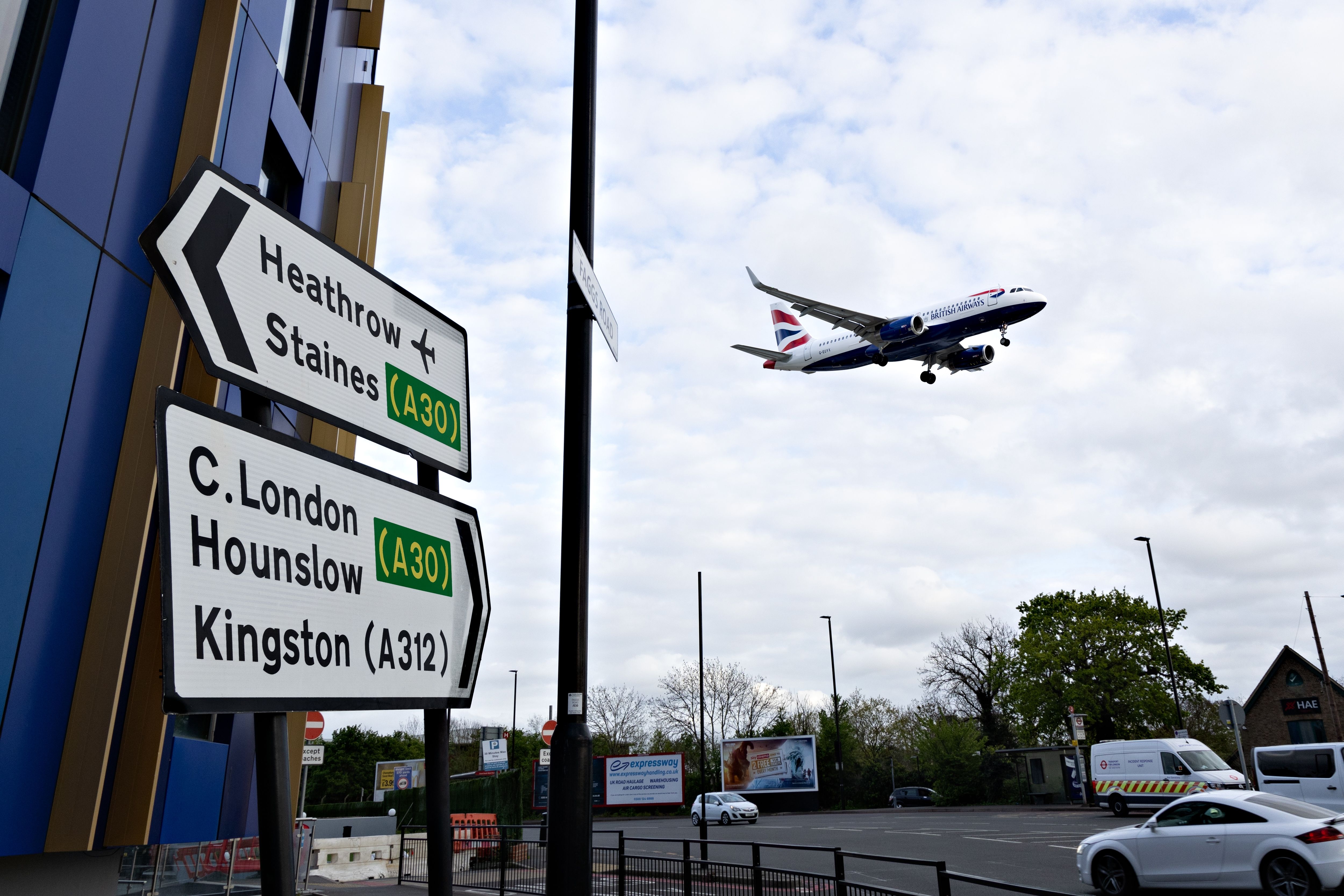
However, it can be more difficult for individuals to adjust to, as UCL notes that “aircraft noise may be more annoying than road or rail noise because of louder but intermittent noisy events and the unpredictability of the sound.”
Given the study’s disturbing findings, cause for concern would be a reasonable response from the general population.
Indeed, while it only used a small sample of 3,365 airport neighbors and 21,360 people who live further away from such hubs, the broader ramifications could be far more significant. According to the New York Post, 40 million people reside near major airports in the US alone.
That being said, before you panic, keep in mind that the study was purely observational. This means that the conclusions can only be interpreted as a correlation between aircraft noise and heart health, rather than a proven cause-and-effect link. Professor James Leiper, Associate Medical Director of the British Heart Foundation, notes:
“While observational studies cannot prove cause and effect, these findings add to prior research demonstrating the negative effects of noise pollution on human heart health. Further research will be required to investigate the long-term impacts of airplane noise on the health of people who are most exposed.”
Still, experts expressed confidence in the correlation’s validity, with Professor Anna Hansell of the University of Leicester adding that her team was “concerned that the type of abnormalities we saw with night-time aircraft noise.
” Dr. Gaby Captur of UCL also found that “concerted efforts from government and industry are needed to reduce our exposure to aircraft noise.”
How can airport neighbors address noise pollution?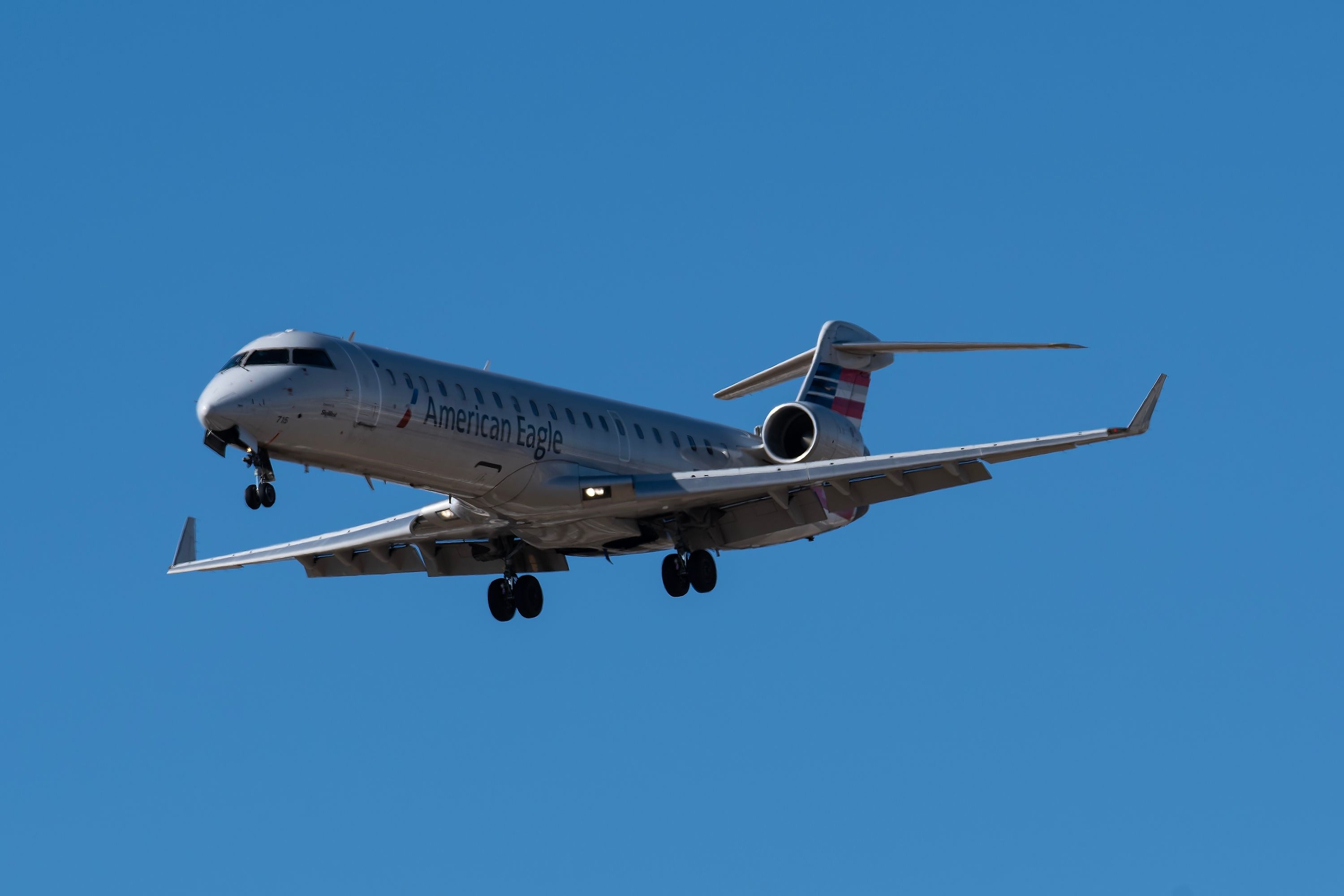
For some aviation enthusiasts, living near a big commercial airport is nothing short of a dream. However, for those who are not enthusiasts, housing market issues might force people to reside in areas that may not have been their first choice owing to social and economic factors. This includes places near airports, where noise management is critical.
With this in mind, the New York Post published advice and methods provided by Dr. Michael Goyfman, Chief of Cardiology at Long Island Jewish Forest Hills Hospital.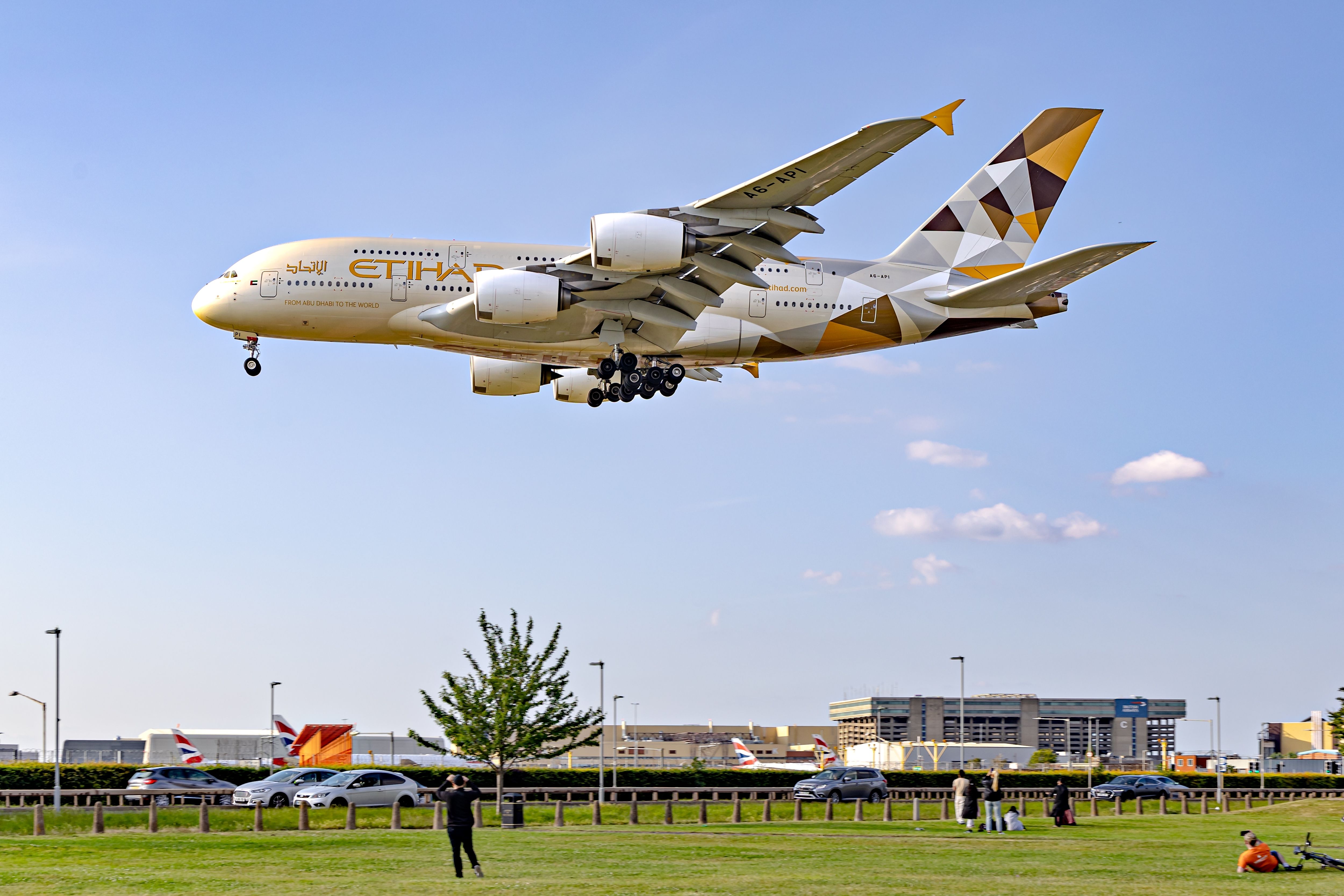
Goyfman emphasizes several variables, including refraining from using devices before going to bed. This can help individuals establish a regular sleep cycle and, hopefully, avoid the worst of the night noise.
Of course, as in any region, regardless of proximity to the airport, many people participate in sporting and social activities in the vicinity of their residences.
However, for airport neighbors, this can result in increased noise pollution, thus Goyfman suggests that, where possible, people exercise during quieter operational periods or further away from home to reduce exposure to high noise levels.
Aside from methods related to noise pollution, which has been connected to cardiac irregularities, people can improve their heart health by adopting a healthy lifestyle.
These apply to all life conditions and are generally good principles to follow. On this front, Goyfman suggests a nutritious diet, 150 minutes of weekly exercise, and quitting smoking.
Other aspects to consider: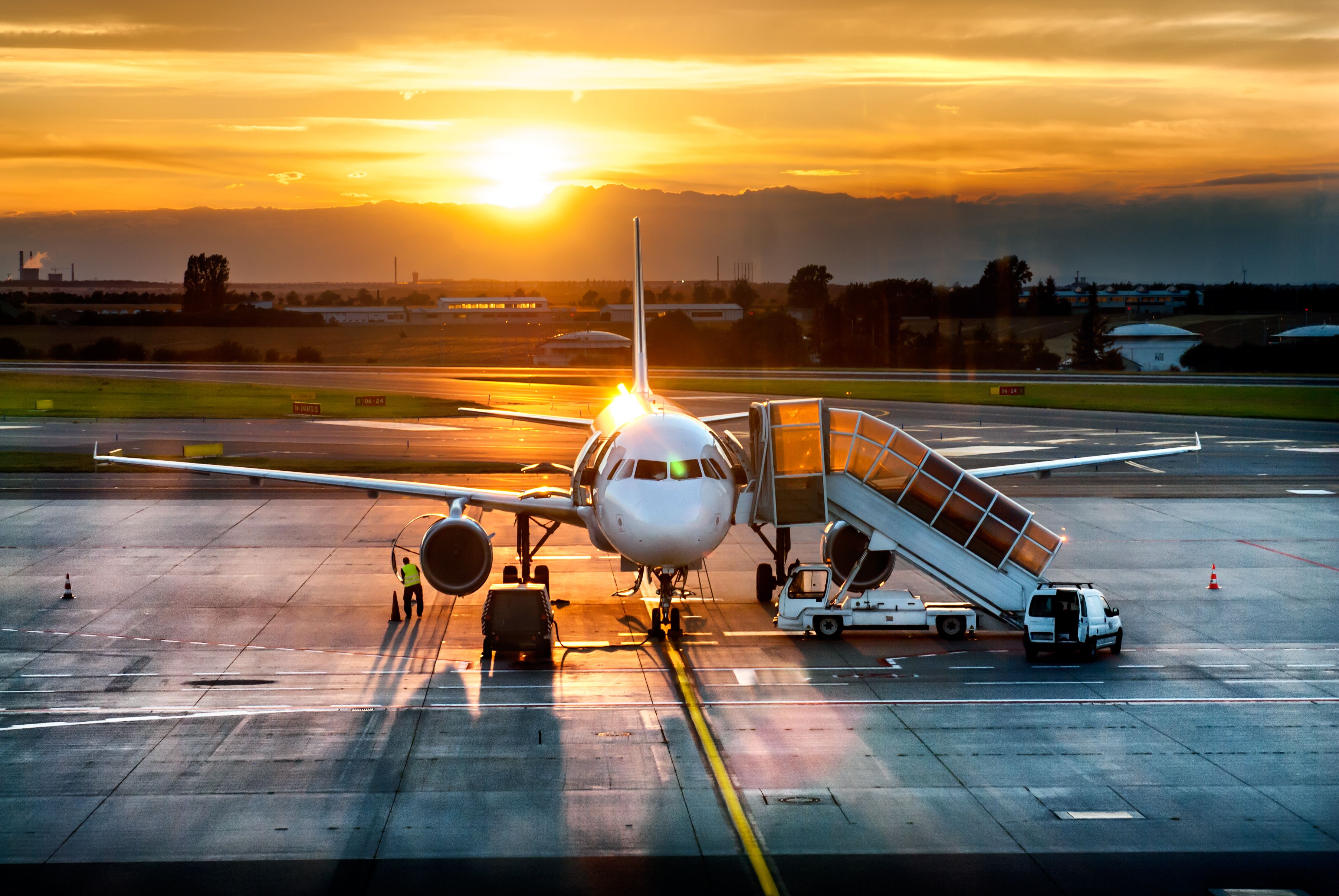
Of course, while the state of the heart is critical, there are other factors of health to consider. To conclude, a recent paper by Transport and Environment examined additional factors related to exposure to ultrafine particles (UFPs) produced by jet fuel combustion. These are tiny, uncontrolled, and potentially hazardous.
Indeed, according to Transport and Environment, there is “growing evidence that UFP exposure can contribute to respiratory symptoms, heart rate variability, blood pressure problems, and have long-term effects on mortality.
” With an estimated “280,000 cases of high blood pressure, 330,000 cases of diabetes, and 18,000 cases of dementia [potentially] linked to UFPs among the 51,5 million people living around the 32 busiest airports in Europe,” this will be an intriguing topic to follow.






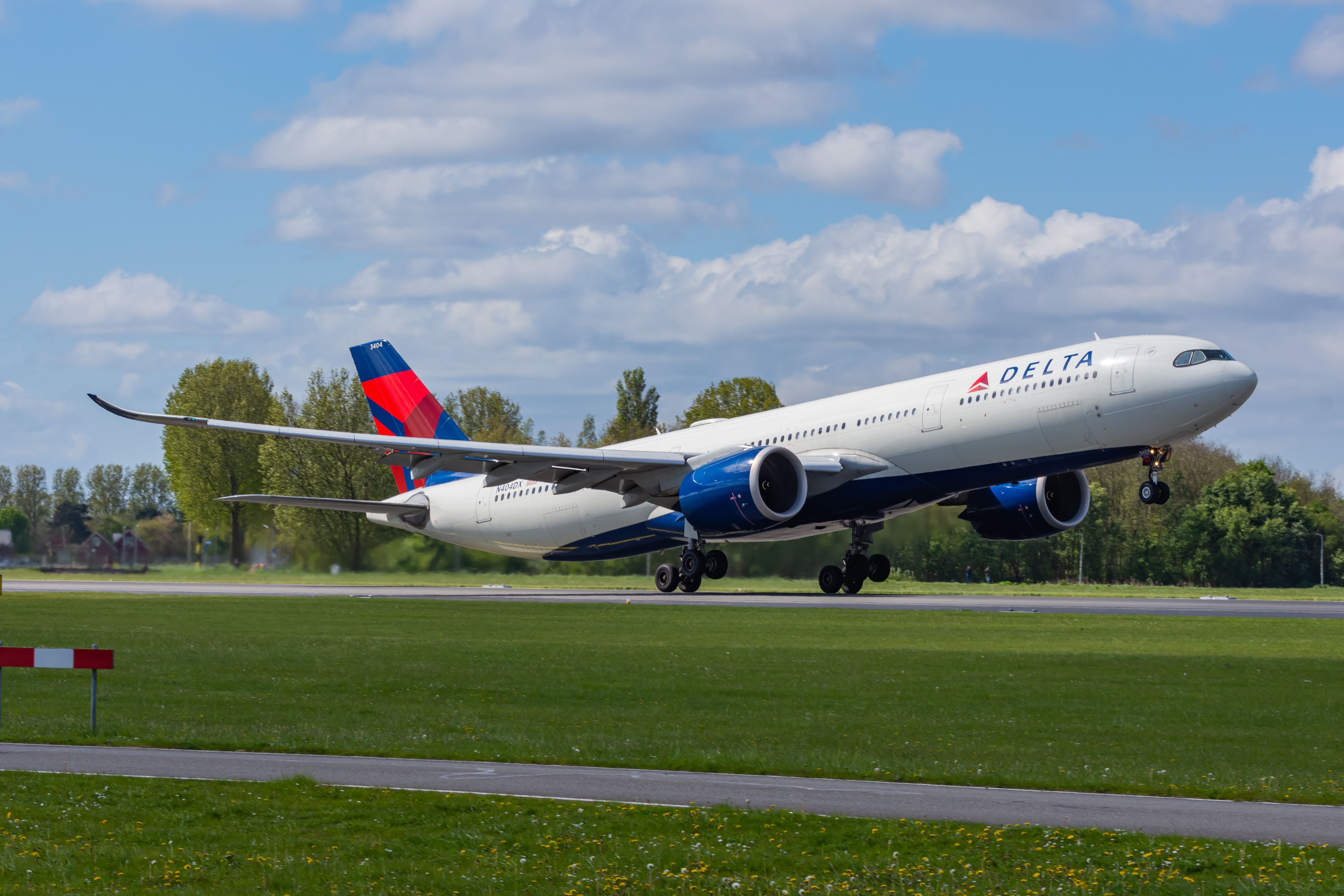







Leave a Reply